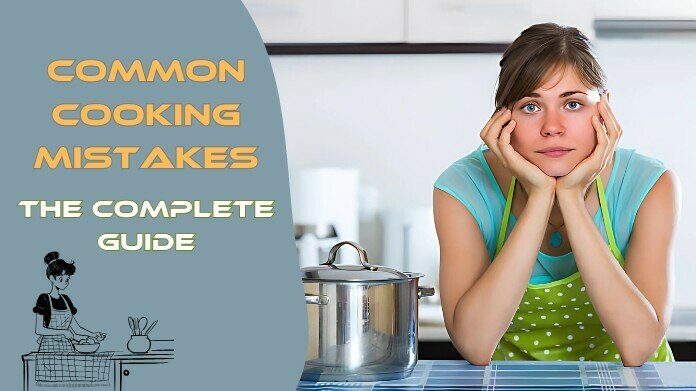Sprinkle a few droplets of water on the pan to see whether it's ready; if they sizzle & evaporate straight away, your pan is hot enough.
2. Overcrowding the Pan
If you toss too much food in the pan at once, the temperature drops & the food steams instead of searing.
This leads to inconsistent cooking and a lack of crunch, particularly when preparing stir-fries or meats.
Cook in batches as necessary for the best results.
Allowing your ingredients space increases heat distribution, leading to a more appealing texture and flavor.

